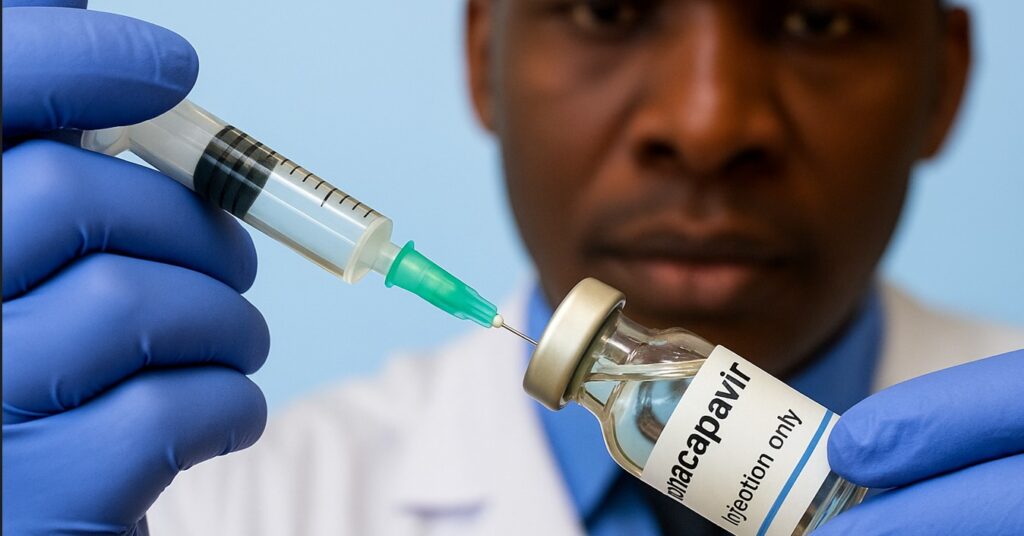The cost of the injectable HIV prevention medicine Lenacapavir will drop significantly, from $28,000 to just $40 per person per year, starting in 2027. This price reduction, a result of efforts by global health organizations, will benefit 120 low- and middle-income countries, making life-saving treatment more accessible to millions of people at risk of HIV.
Lenacapavir, which requires two injections per year, has shown promising results in clinical trials, with a 100 percent efficacy rate in preventing HIV. The medicine works by preventing the virus from replicating within cells, offering a robust defense against infection. The injections provide protection for six months, meaning patients only need to visit healthcare facilities twice annually, making it far more convenient than daily oral alternatives like PrEP (Pre-exposure Prophylaxis), which is currently available at the same price of $40 per year but requires consistent daily use.
The Gates Foundation, along with the Clinton Health Access Initiative and South African research institutions, has been instrumental in negotiating this price reduction. The aim is to transform the landscape of HIV prevention, particularly for young people and marginalized communities that struggle with frequent clinic visits or the stigma of taking daily pills.
The global impact could be significant. Experts believe that even if just 4 percent of the population gains access to Lenacapavir, it could help prevent 20 percent of new HIV infections. The injection is also seen as a game-changer in treating those who are already living with HIV, offering a more efficient and accessible alternative to current treatments.
South Africa, which has the highest number of HIV cases in the world, will be among the countries to benefit from the price reduction. The South African government has expressed support for efforts to ensure affordable access to life-saving medications like Lenacapavir, particularly in a country where millions are living with HIV.
This move is expected to significantly reduce the burden of HIV, especially in countries where the virus remains a major public health challenge. With the availability of long-acting injectables like Lenacapavir, experts hope to see a reduction in new infections, particularly among the most vulnerable populations such as young women, sex workers, and people who use drugs.

